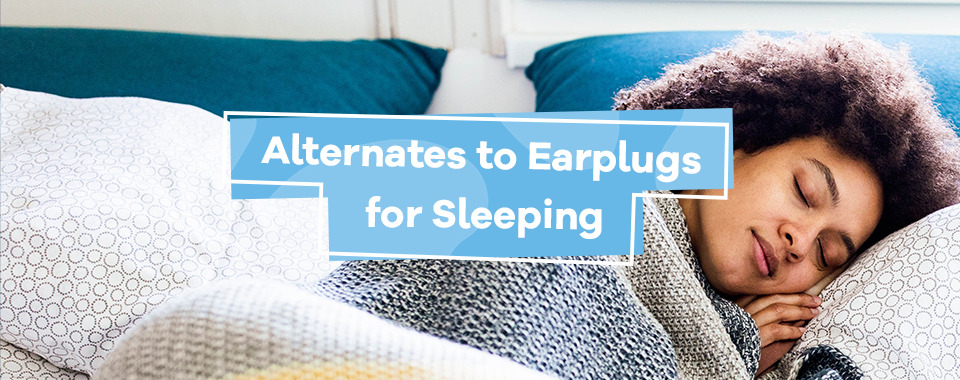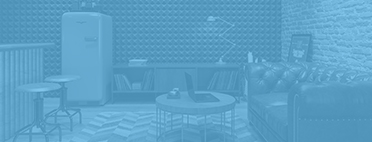
It’s happened again. You put in your earplugs before going to bed, only to wake up in the middle of the night and realize one fell out — and the other one feels uncomfortable. How can you possibly get a restful night’s sleep?
While earplugs work as noise cancellation solutions now and then, they’re not meant for the long term. Instead, you’ll want to explore alternatives to earplugs for sleeping peacefully. But first, let’s consider why your earplugs keep letting you down.
Is It Safe to Sleep in Earplugs?
Obviously, you’re reaching for earplugs to drown out ambient sounds when you’re trying to sleep. Maybe your partner snores. Perhaps you’ve been a light sleeper since birth. Or you might work swing shifts and need to sleep while everyone else in your house is awake and moving around.
Whatever your reason for using earplugs, you’ve probably noticed that they’re not necessarily foolproof. In fact, wearing earplugs can have some important downsides:
- They’re usually one-size-fits-most: You’re not necessarily “most,” which means they can fall out or feel uncomfortable.
- Earplugs can encourage the buildup of ear wax: Over time, ear wax plugs up the ear canal, affecting hearing.
- Earplugs can foster an environment that’s favorable for bacterial infections: If you’re not keeping your earplugs clean, you’re headed for trouble.
- You could have a reaction to the earplug material: Some people can’t tolerate the foam used in some earplugs.
Starting to wonder if your earplugs are worth the effort? You’re not alone. Many people who want a good night’s sleep move from using earplugs to alternative noise-cancelling, or dampening, solutions.
Exploring Sleeping Options Beyond Wearing Earplugs
The following alternatives to using earplugs at night aren’t going to include putting your pillows against your ears or moving your bedroom to a shed in the backyard. You have several practical choices when it comes to getting your rest without relying on earplugs:
- White noise: White noise players come in a variety of sizes perfect for different rooms. The white noise lowers your ability to detect noises outside of your environment, making it possible for you to finally get to sleep and stay there.
- Soundproofing materials: If a white noise machine doesn’t quite knock out all the sounds of the night, you may want to invest in soundproofing materials. The highest quality soundproofing products can help you create an area that’s extremely quiet.
- Interior design retrofits: Did you know that your placement of furnishings or type of flooring could contribute to the noise level in your bedroom? Consider carpeting your floors and placing larger furniture against any walls facing the sounds you want to dampen. It only takes a little rearranging to make a big difference in some houses and sleeping situations.
Getting the Sleep You Need
Ready for peace and quiet at night? Help yourself by exploring all the alternatives to earplugs for sleeping and make your dream of silencing the outside sounds that keep you awake a reality. If you need a little soundproofing material advice, feel free to contact our Soundproof Cow team.
Learn More About Sound & Sleep
Why Certain Sounds Lull You To Sleep
Tips for Blocking Out Snoring Noises
How to Blockout Noise While Sleeping







